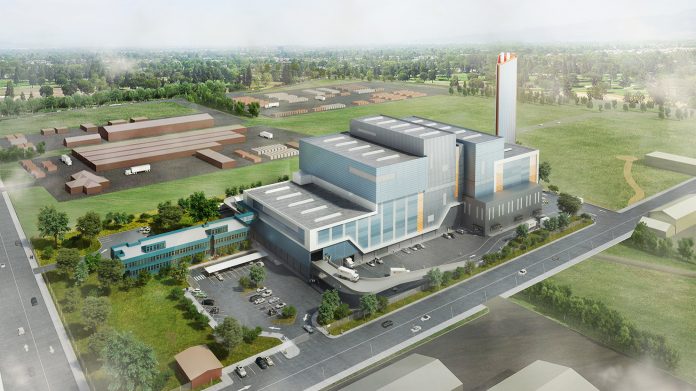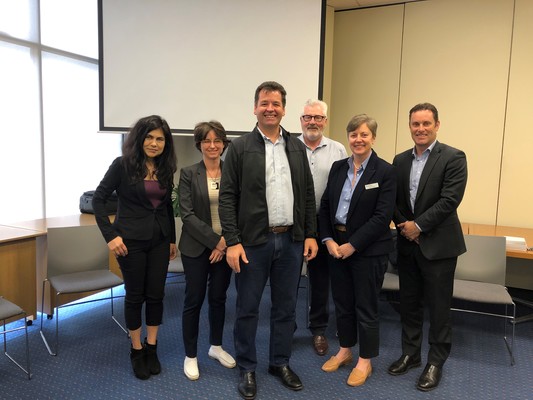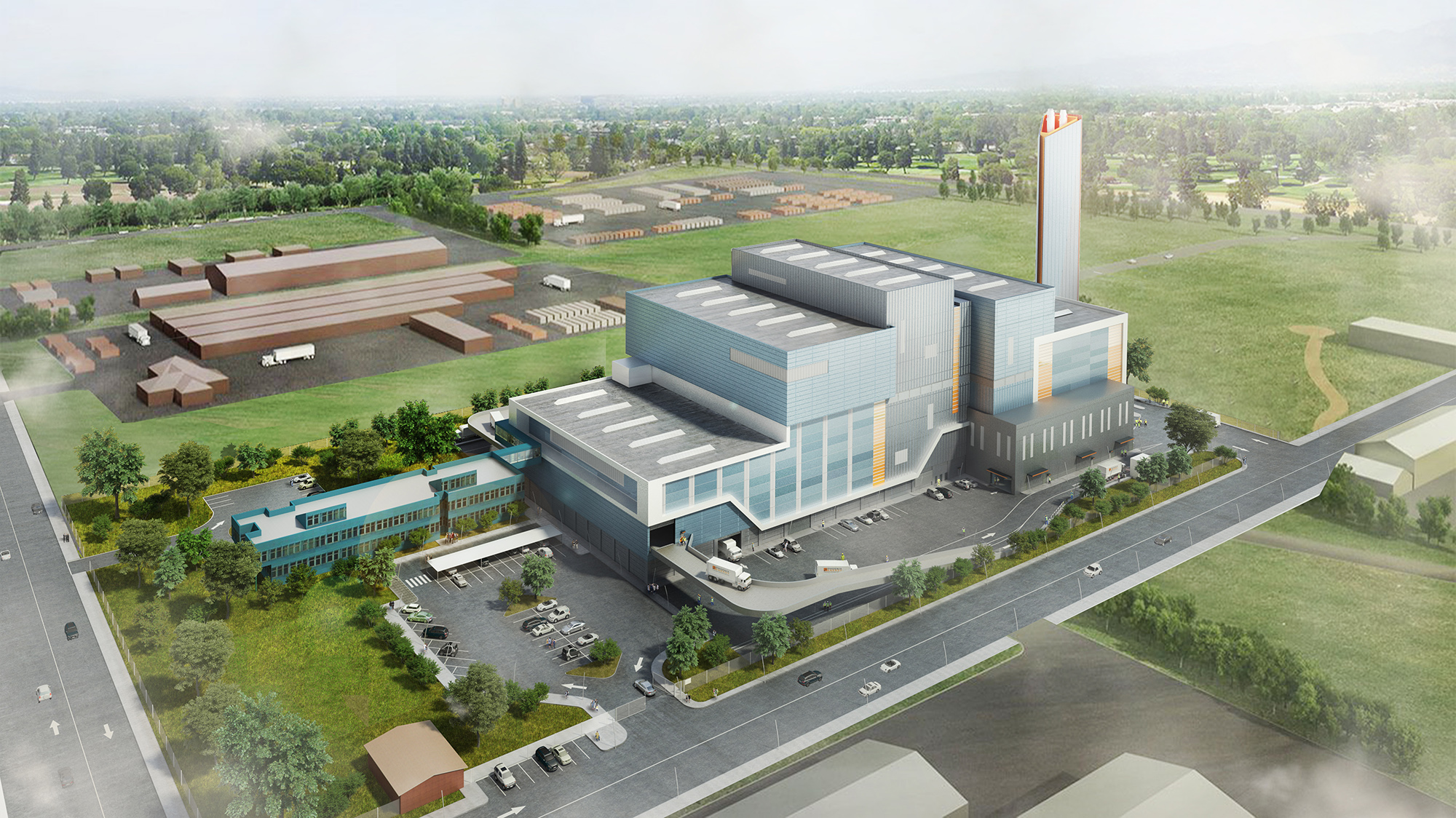A leading recycling expert who visited Geelong recently has warned a waste-to-energy incinerator should be a “last resort” to its rubbish crisis.
Veena Sahajwalla issued the warning after local MP Bev McArthur last week suggested an incinerator could temporarily burn recycling in Geelong until the crisis abates.
“You have to look very closely at the materials in the mix,” Professor Sahajwalla told the Indy following a Geelong ‘circular economy’ forum.
“(Some materials) would be worth a lot of money and you wouldn’t want to burn (them).
“Even if you saw that as a workable solution, what are you going to do with the left over residue of products that are simply not going to burn?”
Prof Sahajwalla acknowledged waste-to-energy was a good use of non-recyclable materials.
But using it to incinerate recycling only addressed “the needs of today” and ignored longer-term solutions.
She added some materials, like paper, were still useful even when recycled to the limit of their current use.
While fibres broke down in paper that was recycled a certain amount of times, the remaining product was still rich in carbon, she said.
Prof Sahajwalla became a fellow of the esteemed Australian Academy of Science after devising a way to use old tyres in the production of steel.
She patented the technology, using carbon in tyres to replace coking coal in steel production, which has been exported worldwide.
“After it finishes its life as a car tyre the rubber molecules in there are still in perfect condition,” she explained.
Prof Sahajwalla was developing a method to recycle carbon fibre waste and residue from Geelong’s research facilities, she said.
“You wouldn’t want something as high-quality as carbon fibre to be simply burnt away.”
But she declined to reveal her planned use saying it was “commercial-in-confidence”.
“We are working on some products that we are making at this point in time,” she said.
A Geelong researcher approached her during the forum to ask “how many tonnes” they could send her to recycle, she added.
Joining Prof Sahajwalla on the panel was Sydney’s Advanced Manufacturing Growth Centre director Michael Sharp.
“The products Veena can recycle from different types of waste are amazing,” he said.
Mr Sharpe hinted at a significant announcement for Geelong recycling but declined to confirm a date.
“We’re planning to back here early in the New Year,” he said.
He and Prof Sahajwalla cited a Victorian business that turns milk bottle tops into glasses frames and manufacturing plastic car panels as examples of how Geelong could better recycle waste.









